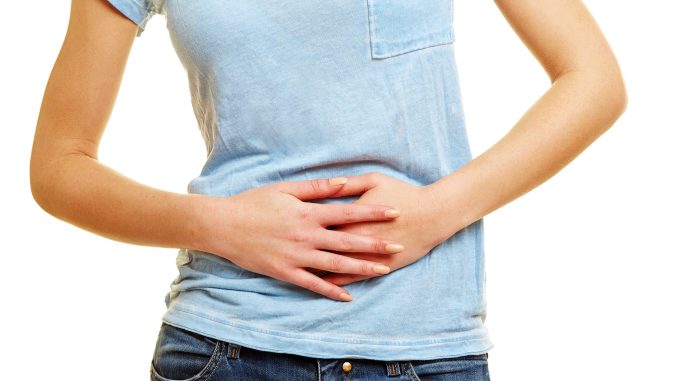
We’ve all heard the saying that breakfast is the most important meal of the day. While this might be true, it’s equally essential to pay attention to what you do before you even have that first meal. Your body’s response to certain activities can vary significantly depending on whether you’ve eaten or not. Here are nine things you should never do on an empty stomach to prioritize your well-being and ensure a healthy start to your day.
1. Skipping Breakfast:
It’s not just a cliché – breakfast truly is essential. Starting your day without a proper meal can lead to low energy levels, reduced concentration, and overeating later in the day. Aim for a balanced breakfast that includes protein, whole grains, and healthy fats to kickstart your metabolism and provide sustained energy.
2. Drinking Coffee:
While many people rely on a cup of coffee to jumpstart their mornings, having it on an empty stomach can lead to increased acidity and potential digestive discomfort. Try to have a small meal or snack before enjoying your morning brew to mitigate these effects.
3. Taking Medications:
Some medications can cause stomach irritation when taken on an empty stomach. Always check with your healthcare provider about whether you should take your medications with food. Some drugs may require you to eat something before or after taking them to reduce potential side effects.
4. Intense Workouts:
Engaging in strenuous exercise, such as high-intensity training or heavy lifting, on an empty stomach can lead to low blood sugar levels, dizziness, and decreased performance. Have a light snack or meal at least 30 minutes before your workout to provide your body with the necessary fuel.
5. Consuming Sugary Foods:
Starting your day with sugary foods or drinks can cause a rapid spike in blood sugar levels, followed by a crash that leaves you feeling tired and irritable. Opt for balanced meals and snacks that include protein, fiber, and healthy fats to maintain stable energy levels.
6. Drinking Alcohol:
Alcohol can be particularly harsh on an empty stomach. Drinking on an empty stomach can lead to quicker intoxication and increased risk of negative side effects such as nausea and dehydration. If you plan to have alcohol, make sure to do so with a meal.
7. Stressful Situations:
Stressful situations or discussions can trigger the release of stress hormones like cortisol, which can impact digestion and lead to discomfort on an empty stomach. Try to tackle stressors after having a meal to support your body’s response.
8. Eating Spicy Foods:
Spicy foods can be particularly harsh on an empty stomach, leading to potential digestive discomfort and acid reflux. If you enjoy spicy dishes, have them with a meal to minimize the impact on your stomach.
9. Overeating Later:
Delaying your first meal of the day for too long can lead to excessive hunger and overeating later on. When you finally do eat, you might be more likely to consume larger portions or unhealthy choices. Aim to have a balanced meal or snack within a few hours of waking up to prevent excessive hunger later.
Prioritizing Your Well-Being:
Listening to your body and providing it with the proper care and nourishment it needs is crucial for your overall well-being. Avoiding these nine activities on an empty stomach can help you start your day on the right foot, with stable energy levels and improved digestion. Remember that small adjustments to your daily routine can have a significant impact on how you feel throughout the day, so take the time to prioritize your health and well-being.
Share this:
- Click to share on Facebook (Opens in new window)
- Click to share on Twitter (Opens in new window)
- Click to share on WhatsApp (Opens in new window)
- Click to share on Reddit (Opens in new window)
- Click to share on Telegram (Opens in new window)
- Click to share on Pinterest (Opens in new window)
- Click to share on LinkedIn (Opens in new window)